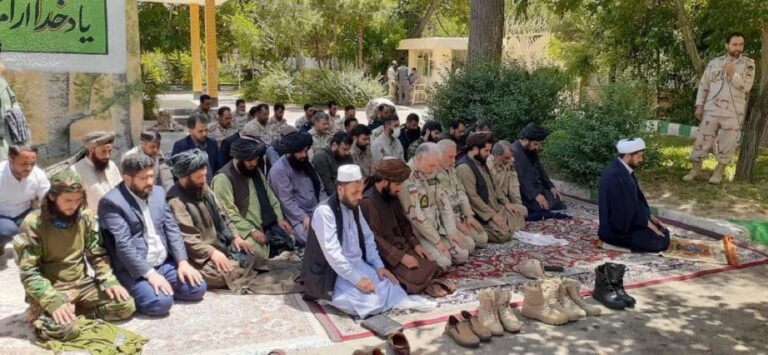The Al-Qaeda appears to be reorganising in Afghanistan with the support of the Taliban. The country’s internal security situation has drastically deteriorated since the founding of the Islamic Emirate.
The Taliban did not fulfil their pledge to combat terrorist groups. The ISKP has significantly increased its attacks against their leadership. As a result, the Afghan government may choose to back the expansion of al-Qaeda as a means to counter ISKP.
Since August 2021 the Taliban interim-government has been striving to gain global recognition and attract investments that are vital for enhancing the domestic socio-economic situation. Foreign companies are greatly concerned about the country’s security situation, which has been validated by numerous attacks targeting Chinese business people as well as Pakistani diplomats.

More on this story: China will have most influence in Afghanistan under the Taliban.
Already in 2022, following the Islamic State terrorist attack on the Foreign Affairs Ministry in Kabul, the unstable situation in Afghanistan and the Taliban’s failure to combat terrorism and extremist groups was clear. Despite the Taliban’s assertion of improving national security, there has been a rise in violent attacks and bomb blasts.
The primary threat to regional security and stability is still the Islamic State, as evidenced by the recent attack in Kerman, Iran. The Taliban and the Islamic State Khorasan Province (ISKP) have been engaged in continuous conflicts, with ISKP carrying out targeted attacks on ethnic minorities and government institutions, while the Taliban strategically operates against ISKP’s hidden bases.
the situation in the area is made more complex by the existence of other factions connected with Pakistan, such as Jamaat-ul-Ahrar (JuA), a group affiliated with Tehreek-e-Taliban Pakistan (TTP), along with TTP itself, Lashkar-e-Taiba (LeT), and Jaish-e-Mohammed (JeM).
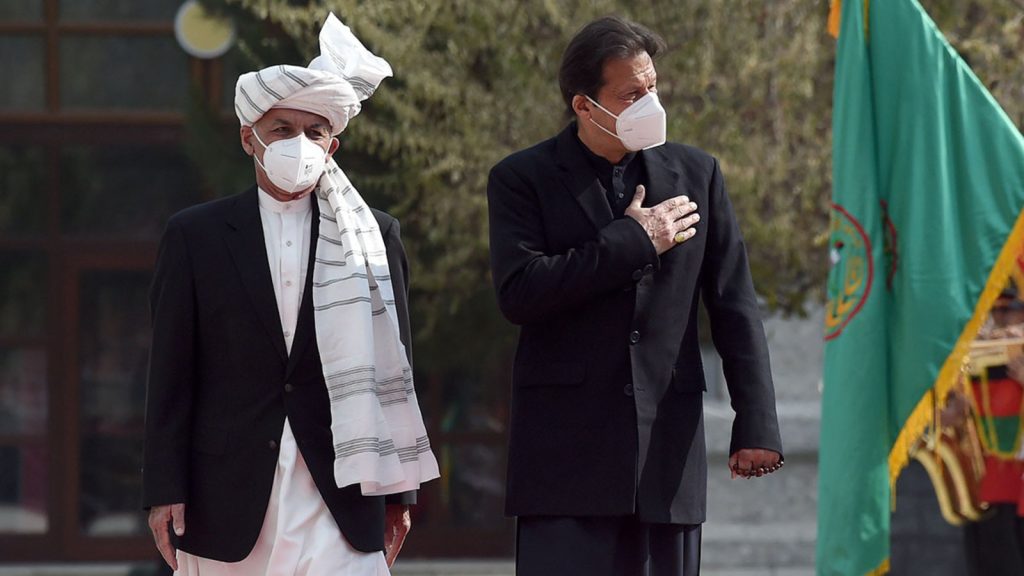
While worsening socio-economic conditions could facilitate the spread of jihadist propaganda and recruitment, the Taliban appears to support the presence and activities of al-Qaeda in Afghanistan.
The link between the terrorist group and the Afghan territory was clear during the entire Islamic Emirate rule, and even before. In the spring of 2019, a meeting took place between senior Taliban officials and Hamza bin Laden, son and successor of Osama bin Laden, ‘to reassure him personally that the Islamic Emirate would not break its historical ties with al-Qaeda for any price’.
The primary aim was to personally assure Hamza bin Laden that their relationship would not be impacted by the Doha agreement signed with the United States. The presence in Afghanistan of Ayman al-Zawahiri, al-Qaeda leader killed by a US drone attack in August 2022, proved them right.
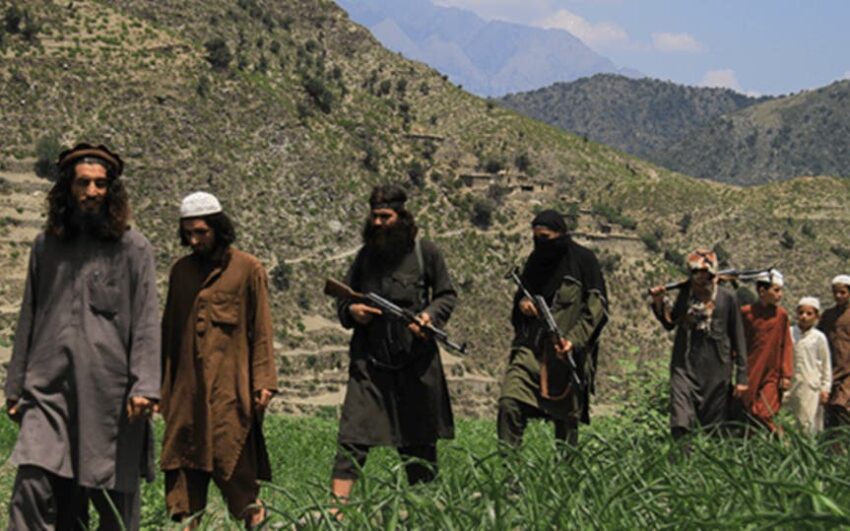
During the early 2000s, a few al-Qaeda leaders migrated to Iran, and the Iranian authorities detained a considerable number of them.
The RLI report unveiled the existence of al-Qaeda’s safe havens in Herat, Farah, and Helmand provinces, which allegedly aid in the movement of its members between Afghanistan and Iran.
We believe that Sayf al-Adl, who is currently leading al-Qaeda, is in Iran.

More on this story: Tehran likely open for more interaction with Al Qaeda
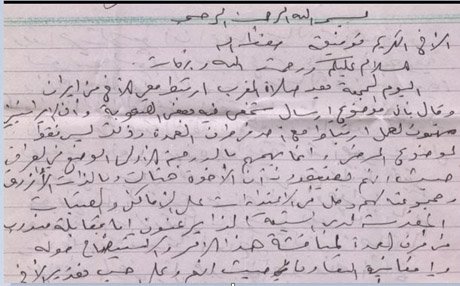
More on this story: Iranian links with Al-Qaeda beyond ideological ground
Considering Tehran’s past actions in countering Sunni terrorism, it might be a contradiction for Iran to offer any form of help to the terrorist organisation.
Nevertheless, there are important factors that need to be emphasised. Iran has extensive rural areas that pose control challenges, which is a huge advantage for al-Qaeda fighters seeking concealment. In addition, the significant influx of undocumented Afghan migrants entering Iran annually provides an ideal opportunity to enter the country undetected.
For Iran, detaining certain al-Qaeda representatives could potentially serve as a bargaining tool in the event of tensions with Afghanistan or Pakistan, providing the option for prisoner exchanges. Iran faces a difficult situation as it shares a border with Afghanistan and is already dealing with the aftermath of many attacks by the Islamic State. The arrival of copious Afghan migrants adds to the already difficult security situation Iran is dealing with. By forming a connection with the increasingly powerful al-Qaeda, Tehran is able to maintain a presence in Afghanistan and closely observe the situation there.
Without a doubt, the civilian population and the Shiite minority are the primary victims of this destabilisation.
Besides al-Qaeda and ISKP, the existence of organisations like LeT or JeM, which are based in Pakistan and have conducted numerous attacks in India, is a significant worry. This concern is amplified by previous reports that have emphasised their involvement in the transportation of terrorist fighters to Afghanistan and their roles as advisors, trainers, and experts in improvised explosive devices.Al-Qaeda leaders reportedly take refuge in Iran due to easily crossed borders and large, unmonitored rural regions. Despite ideological disparities, the Islamic Republic of Iran could leverage relationships with the group’s representatives to establish a foothold in Afghanistan and secure its borders.
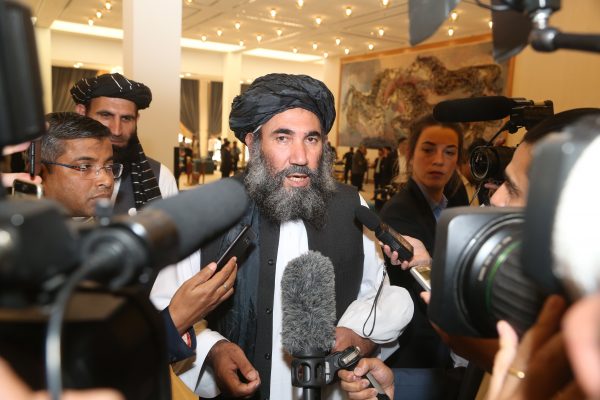
More on this story: The Taliban and AQIS Cooperation casts doubts on peace deal in Afghanistan


